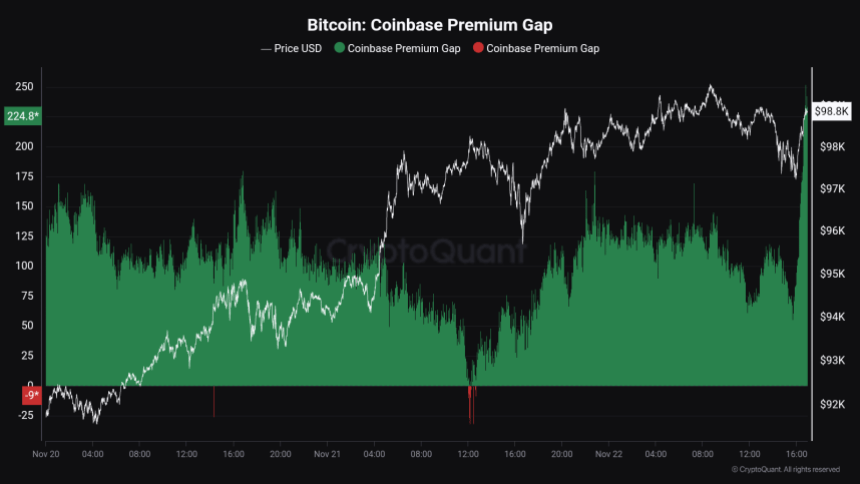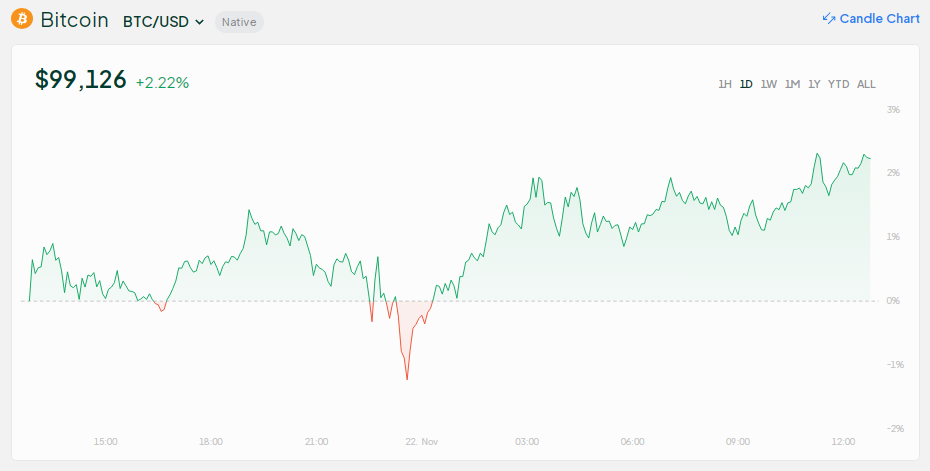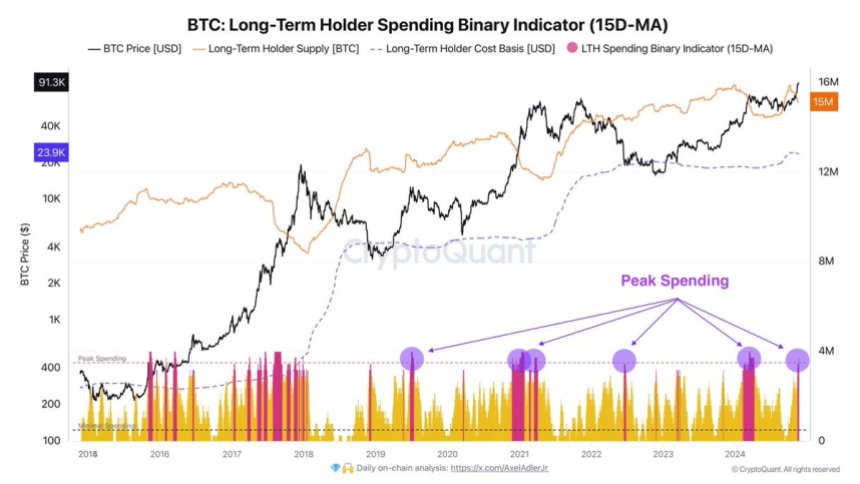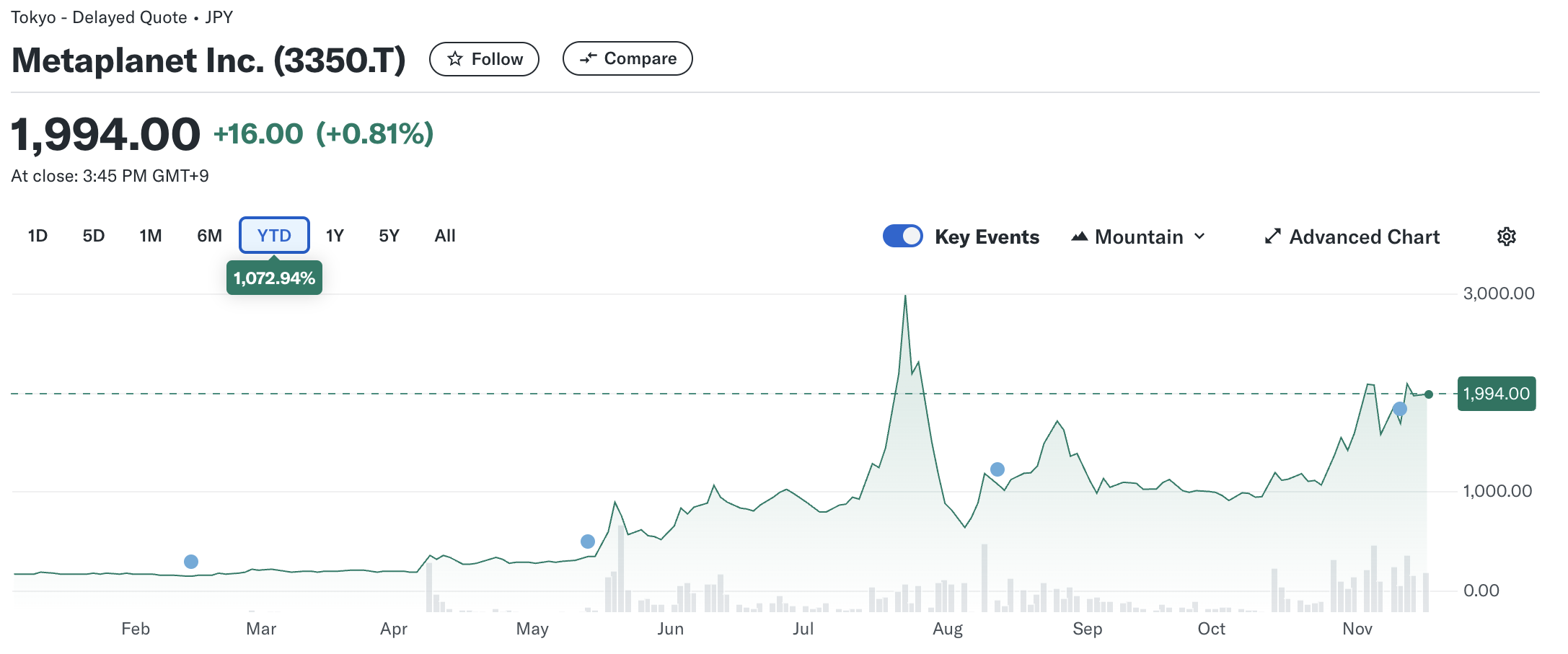New data from Kaiko on July 11 indicates that the correlation between Bitcoin and the Nasdaq Composite Index is at a two-year low. The correlation coefficient between these two assets dropped to less than 1% in early July.
At this level, it is at July 2021 lows. The NASDAQ Composite Index tracks the performance of all stocks listed on the NASDAQ stock exchange. Among stocks listed on this bourse include Coinbase’s COIN.
A correlation coefficient of around 0% signifies a weak negative relationship between Bitcoin and the NASDAQ. This implies that Bitcoin prices moved in the opposite direction or are unrelated to the NASDAQ Composite Index action.
As of July 10, Bitcoin prices were relatively firm, oscillating around the $30,000 level and generally in an uptrend looking at price performance in Q2 2023. For context, Bitcoin is less than $2,000 away from 2023 highs of $31,400 registered in June 2023.
Meanwhile, market data shows that the NASDAQ Composite Index is also at multi-month highs and firm, reflecting the broader market recovery in the United States.

The dwindling correlation between Bitcoin and the NASDAQ may be attributed to several factors. One potential explanation is that investors are becoming more discerning in their investment choices.
As the cryptocurrency market matures and regulations are drafted, investors might seek assets with low correlation with traditional finance instruments like stocks and indices.
The other reason could stem from the recent action of the cryptocurrency market. In 2022, cryptocurrencies, including Bitcoin, fell from highs registered in 2021. After peaking at over $69,000, Bitcoin prices crashed in 2022.
This was fast-tracked by the solvency of several centralized finance platforms offering crypto services, including Celsius. The collapse of FTX, a popular cryptocurrency exchange, forced prices even low. In November 2022, BTC prices crashed below $16,000.
Like crypto assets, technology stocks like COIN listed on NASDAQ are relatively volatile and were also impacted by rising interest rates in 2021. Subsequently, the dump in asset prices might have forced investors to be more risk-averse and diversify their holdings, forcing the correlation between NASDAQ and Bitcoin even lower.
Whether this correlation will fall in the months ahead remains to be seen. However, at the moment, the cryptocurrency market seems fragile. Bitcoin bulls have failed to break above June 2023 highs in continuation of bullish pressure in the past few weeks.
At the same time, market participants closely track how the United States Federal Reserve will proceed with its monetary policy.
After steadily increasing interest rates to tame rising inflation, the central bank paused rate hikes in Q2 2023. Whether they will slash rates in the coming months remains to be seen.
At this level, it is at July 2021 lows. The NASDAQ Composite Index tracks the performance of all stocks listed on the NASDAQ stock exchange. Among stocks listed on this bourse include Coinbase’s COIN.
Dropping Correlation Between Bitcoin And NASDAQ
A correlation coefficient of around 0% signifies a weak negative relationship between Bitcoin and the NASDAQ. This implies that Bitcoin prices moved in the opposite direction or are unrelated to the NASDAQ Composite Index action.
As of July 10, Bitcoin prices were relatively firm, oscillating around the $30,000 level and generally in an uptrend looking at price performance in Q2 2023. For context, Bitcoin is less than $2,000 away from 2023 highs of $31,400 registered in June 2023.
Meanwhile, market data shows that the NASDAQ Composite Index is also at multi-month highs and firm, reflecting the broader market recovery in the United States.
The dwindling correlation between Bitcoin and the NASDAQ may be attributed to several factors. One potential explanation is that investors are becoming more discerning in their investment choices.
As the cryptocurrency market matures and regulations are drafted, investors might seek assets with low correlation with traditional finance instruments like stocks and indices.
The other reason could stem from the recent action of the cryptocurrency market. In 2022, cryptocurrencies, including Bitcoin, fell from highs registered in 2021. After peaking at over $69,000, Bitcoin prices crashed in 2022.
This was fast-tracked by the solvency of several centralized finance platforms offering crypto services, including Celsius. The collapse of FTX, a popular cryptocurrency exchange, forced prices even low. In November 2022, BTC prices crashed below $16,000.
Like crypto assets, technology stocks like COIN listed on NASDAQ are relatively volatile and were also impacted by rising interest rates in 2021. Subsequently, the dump in asset prices might have forced investors to be more risk-averse and diversify their holdings, forcing the correlation between NASDAQ and Bitcoin even lower.
Watching The US Federal Reserve
Whether this correlation will fall in the months ahead remains to be seen. However, at the moment, the cryptocurrency market seems fragile. Bitcoin bulls have failed to break above June 2023 highs in continuation of bullish pressure in the past few weeks.
At the same time, market participants closely track how the United States Federal Reserve will proceed with its monetary policy.
After steadily increasing interest rates to tame rising inflation, the central bank paused rate hikes in Q2 2023. Whether they will slash rates in the coming months remains to be seen.







